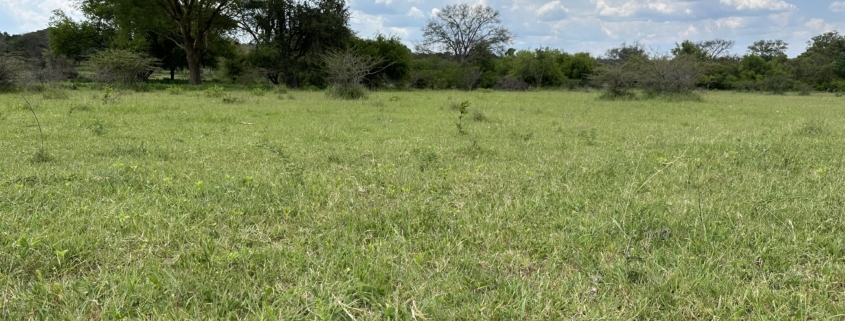The Costs Of The AfDB’s Feed Africa Initiative To Farmers: A Deep Look At The 40 National Compacts
The African Development Bank’s Dakar II initiative, titled “Feed Africa: Food Sovereignty and Resilience,” is the latest and most ambitious addition to the Bank’s long-standing “Feed Africa” program. This initiative aims to transform African agriculture and make Africa a breadbasket for the entire world. Implemented as part of the national agricultural development plans of 40 African countries, the initiative has sparked significant debate about its approach and its potential effects. The initiative aims to industrialize African food systems with a proposed budget of $61 billion, primarily from the private sector and development institutions. However, this strategy has been criticized because it risks marginalizing smallholder farmers, harming biodiversity and fostering dependence on multinationals for the purchase of seeds and agrochemicals.
To better understand the Dakar II initiative, the Alliance for Food Sovereignty in Africa (AFSA) analyzed each of the 40 “national pacts”, that is to say the global agricultural development plans drawn up by consultants for the program. We examined critical factors, including finance, land allocation, seeds, use of agrochemicals, technology and people, to assess their collective implications for Africa’s smallholder farmers. In this report, we present the main findings and the concerns they raise.
Critics of the initiative, including the Irish president, have expressed concerns about its unique approach and its emphasis on large-scale monoculture, formal seed systems and high-tech solutions such as climate-smart agriculture, digital and precision agriculture, and chemical inputs. These methods are considered beyond the reach of small farmers due to their cost, environmental risks and the threat they pose to their autonomy and traditional practices.

